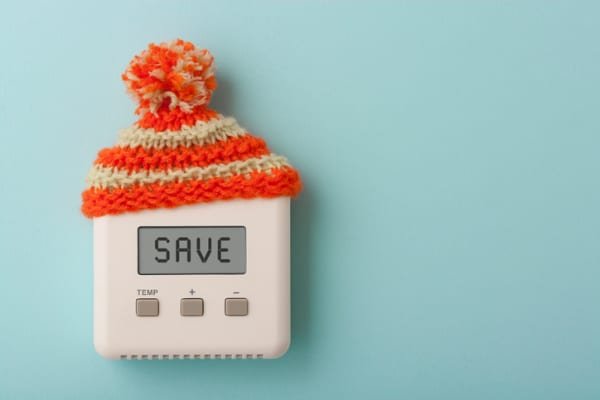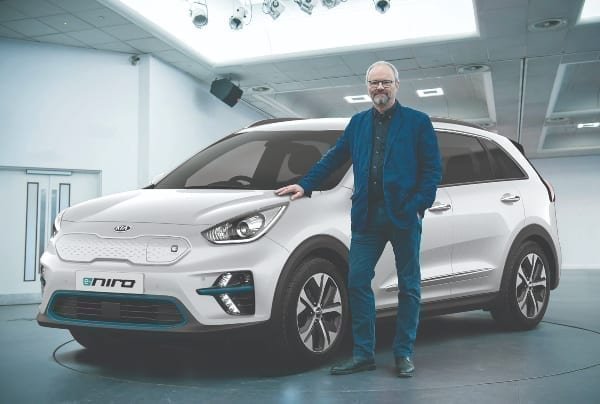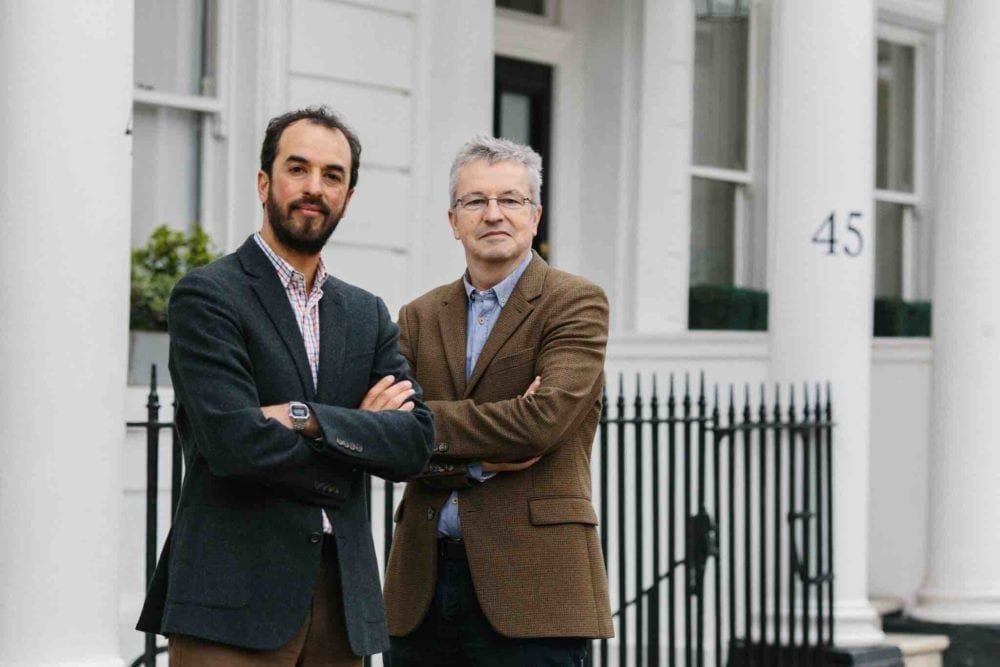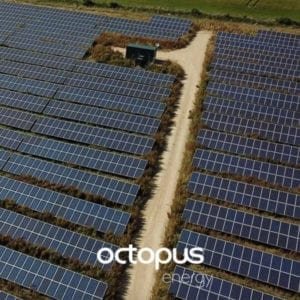This article first appeared in our Women: time for action issue of My Green Pod Magazine, distributed with The Guardian on 02 July 2021. Click here to subscribe to our digital edition and get each issue delivered straight to your inbox
There is a growing appreciation for the things we can do as individuals to reduce our impact on the planet.
Use low-energy lightbulbs; turn off the TV; reduce, reuse, recycle; walk more; eat less meat; fly less; drive less – and if you
do drive, switch to an electric vehicle.
But with space heating and hot water representing more than 80% of home energy use, we really need to talk about heating.
This is a complicated topic, so Fully Charged is creating a six-part Home Energy series that will be released this summer. If you can’t wait, Fully Charged’s Dan Caesar has shared his top tips to get you started.
Top 10 efficient heating tips
1. ENERGY USAGE
As the saying goes, the cheapest energy is the energy you don’t use. You do not need a smart meter to tell you that you are wasting energy. We could all turn the heating down a degree or two, but what about your appliances?
‘Vampire’ appliances suck energy, even in standby mode, and create something called ‘phantom load’. It varies from house to house, but this could be 10 20% of your electricity consumption.
Buying ‘smart wifi plugs’ that switch your devices off overnight would be a good start.
2. ENERGY EFFICIENCY
The UK has the ‘leakiest’ properties in Europe, making them some of the most expensive to heat. This means that, in many cases,
improving the insulation of your home will make a difference.
Most of us don’t have access to a thermal imaging camera, but if you could see the leaks you might be shocked by the amount (and cost) of energy that is escaping your property.
Some houses are better suited to insulation than others; the main types to consider include loft insulation, internal wall insulation and external wall insulation.
3. SMART THERMOSTAT
Thermostats – or thermostatic radiator valves – are the unsung heroes of energy management. After all, why heat a house if you’re not in it – and why heat rooms when you’re not using them?
The latest wifi-enabled smart thermostats are a real step up, and they are relatively straightforward to self-install. Features like multi-room sensors, open window detection and weather adaptation can all add up to make a significant difference.
4. ENERGY TARIFF
On its own, switching your energy tariff might not save you money – but it can make a marked difference to your carbon footprint. Choosing a ‘renewable energy’ tariff can also send a strong signal to the market to deploy more wind and solar power, plus energy storage and other technological advancements.
There are some smart energy suppliers available in the UK, including those that turn bills into windmills and others that are accelerating cheaper tariffs. A few of these firms are doing much less to decarbonise the energy system than others, so don’t be afraid to ask.
 Play Video about This Rock Might Just Save The World
Play Video about This Rock Might Just Save The World Play Video about Play 2 hours of rock
Play Video about Play 2 hours of rock Play Video about Play 2 hours of brook
Play Video about Play 2 hours of brook Play Video about Play 2 hours of sheep
Play Video about Play 2 hours of sheep















































